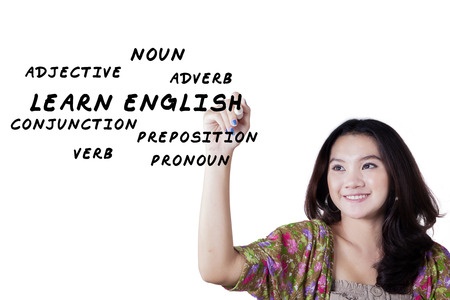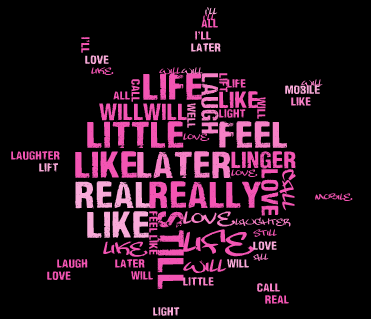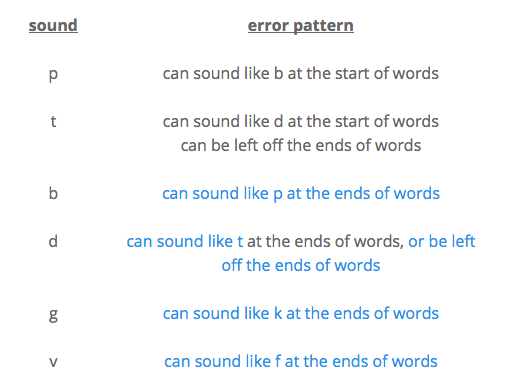|
In some cases, the same word can be a noun or a verb. We pronounce it differently depending on which way we are using it. A rule that applies to some of these words is that the stress falls on the first syllable when it is a noun, such as in the word produce: The produce is fresh at that store. The stress falls on the second syllable with the word is used as a verb: They produce microchips in Silicon Valley. Because the stress pattern is different, the vowel will also sometimes change. We use a vowel schwa (sounds like "uh" as in "cup") to mark an unstressed syllable. Listen to the example below:
Notice how in the first sentence, produce sounds like pro-dooce, but in the second sentence, it sounds like pruh-dooce. We call this vowel clarity - the stressed syllable retains its vowel, whereas the unstressed syllable is reduced to a schwa vowel. In addition, notice how the first syllable in the noun is much longer than in the verb. We use a longer vowel on a stressed syllable than an unstressed syllable. Try some of these phrases, making sure to use a long, clear vowel on the stressed syllable.
When in doubt, it's a good idea to check the pronunciation using an online dictionary.
Like this video? Subscribe to our S.M.A.R.T. Video Course!
When working on speaking English correctly, we often focus on correctly pronouncing all of the sounds in words. Mispronounced sounds can make your speech difficult to understand. It's important to understand which sounds in your speech contribute to your accent. (To learn more, try a free screening or sign up for an assessment of your speech.) When you want to sound more natural when speaking English, however, it is helpful to know that in flowing speech, native speakers leave out or reduce some of the sounds. Pronouncing everything can make you sound unnatural. Just like linking, where sounds run together, reducing is a way that speech flows more easily. Here are some examples: to becomes t': today = t'day, tomorrow = t'morrow, to go = t'go We run the word "to" into the following word or syllable, dropping the vowel oo. Listen to the examples below. the jumps on to the next word: the store = th'store, the matter = th'matter, the weather - th'weather We shorten the word the and run it onto the following word when the word after "the" is stressed. We use vowel schwa on this word in most contexts, not vowel ee (the = thuh, not thee). You can hear this in the recording below. are loses its vowel sound, or sounds more like er: what are = what'r, who are = who'er, those are = those'r We reduce the word are and tack it on to the previous word in some cases. It sounds more like a short vowel er. Listen to the recording below. Want more video tips? Subscribe to our free online practice.
When L is at the end of the word, we add an extra sound before the l, and hold this sound into the L sound. This extra sound is the vowel schwa, which sounds like "uh." To get this sound, try slowing down and sliding from one vowel to the next. For example, try the following words using the recording below:
tool (too-w-uh-l) tail (tay-y-uh-l) feel (fee-y-uh-l) fuel (fyoo-w-uh-l)
Nice to meet you. This phrase contains an example of consonant linking. The t at the end of the word meet runs together with the y in the word you. We start to say the "t" sound, but instead of releasing the puff of air, we slide into the word you. Listen the the recording below. You can hear this sentence with and without linking. Both are correct, but when the sounds are linked the sentence sounds more typical of American speakers.
Is he in? This phrase demonstrates a dropped h. We leave out the h sound at the beginnings of the word he, and run the z sound from is into the "e" sound of he. This phrase sounds more like "Izzy in?" The recording lets you listen to this phrase with and without linking.
|
Subscribe to this blog:
Categories
All
Archives
March 2021
Copyright 2020
Christine Dunbar Have Questions?
Get A Free Consultation We offer a free 30-minute phone consultation. Schedule yours now. |






 RSS Feed
RSS Feed



